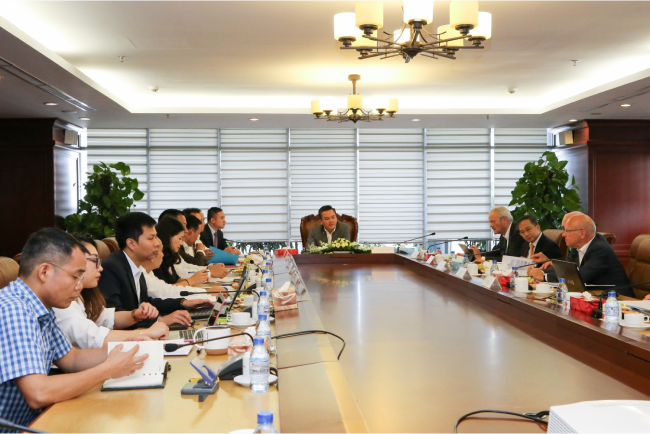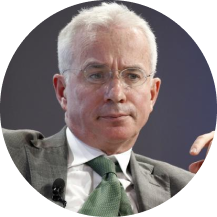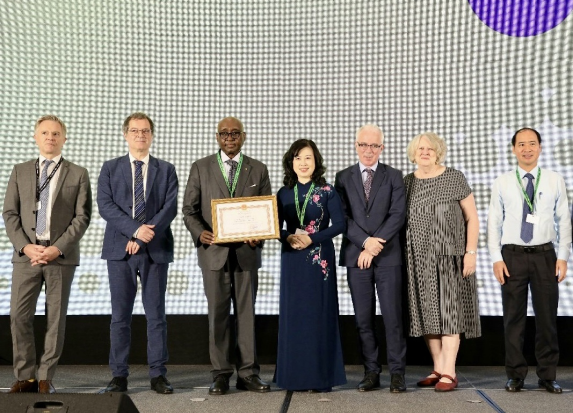About us
The 50th Board of Directors Meeting
GENEVA – The Board of Directors of the Global Fund to Fight AIDS, Tuberculosis, and Malaria convened their 50th meeting this week in Geneva, Switzerland. Two months after the release of the Global Fund’s Results Report, Board members commended the unprecedented progress made in combating the three diseases in 2022 and the substantial investments made to strengthen health systems worldwide, including the reallocation of funds from the Global Fund’s COVID-19 Response Mechanism.
However, they expressed concern that the increasing challenges posed by climate change, conflict, and the erosion of human rights will undermine the ability to collaborate effectively in ending these three diseases by 2030.

Challenges and difficulties

Ms. Roslyn Morauta
“Faced with conflict crises, the Global Fund’s partnership must rely on the resilience and agility that have underpinned our success to date. To realign with global targets, the Global Fund will continue to promote meaningful engagement of civil society and communities to strengthen our inclusive, country-led governance model.”
“The world is in turmoil,” acknowledged Global Fund Executive Director Peter Sands in his update to the Board. “Yet, we continue to deliver extraordinary impact. Significant increases in life expectancy across much of Africa, steep declines in infection and mortality rates from these three diseases, and substantial improvements in the capacity of health systems in many low- and middle-income countries are largely attributable to the efforts of this organization. This is the result of the Global Fund’s partnership.”

Mr. Peter Sands
The issue of climate change
A few days before COP28 – where, for the first time, the impact of climate change on health will be addressed – Board members noted that climate disasters disproportionately affect low- and middle-income countries with high disease burdens, weak health systems, and fragile political or conflict settings, placing communities – who contribute the least to global carbon emissions – at risk. They committed to supporting actions across the partnership to adapt programs to the impacts of climate change, build climate-resilient health systems, and respond to climate-related disasters.
The Board noted that addressing climate change is a critical part of the Global Fund’s Strategy, with over 70% of the Global Fund’s resources currently supporting the 50 most climate-vulnerable countries. Additionally, 87% of both the global malaria burden and the Global Fund’s allocations for malaria are in these climate-vulnerable countries.






